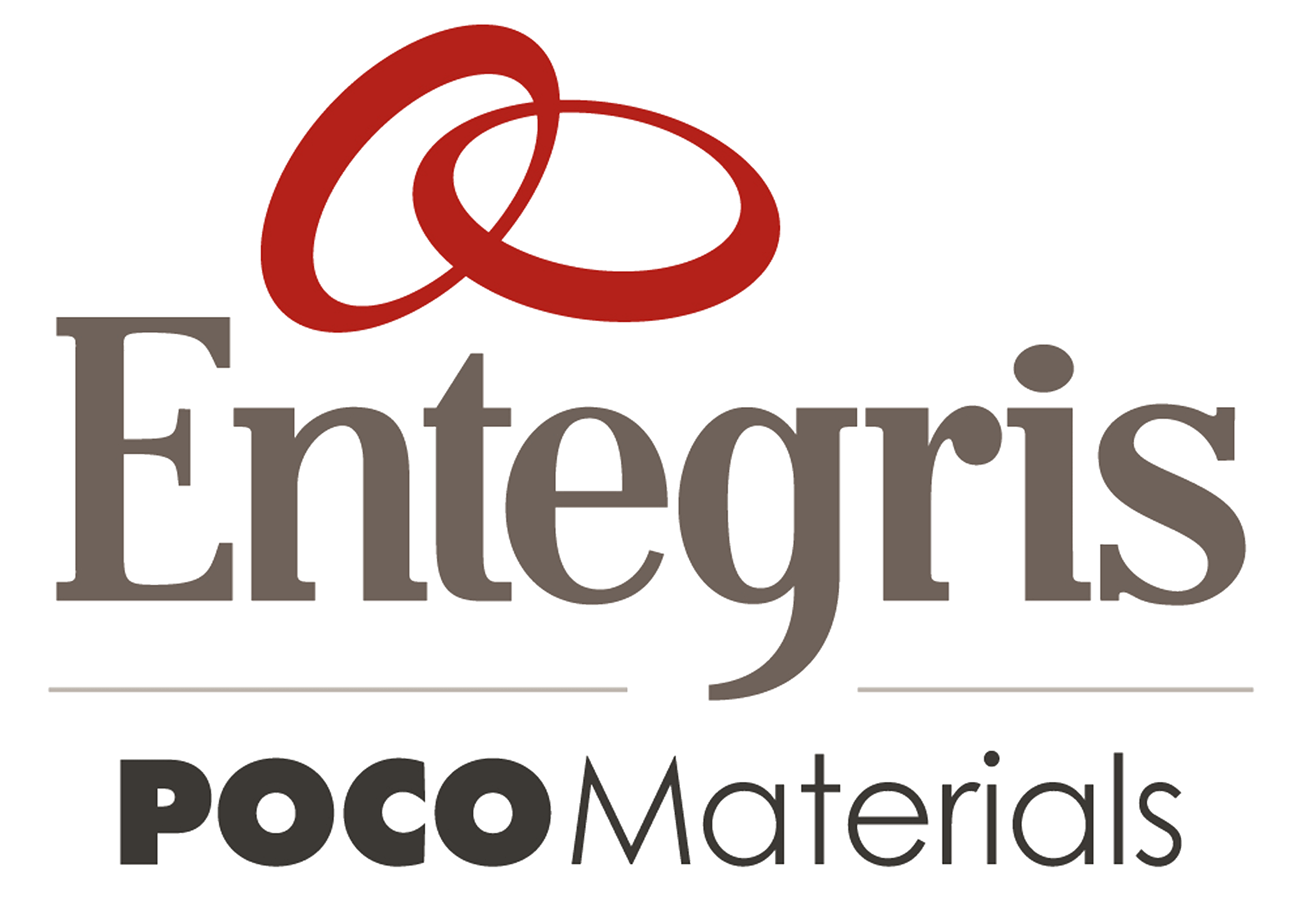Resources:
Contact Customer ServiceBulk Synthetic Graphite
Bulk synthetic graphite is used for a wide variety of industrial applications. It is a unique high-temperature material with great conductive properties for both thermal and electrical applications. Graphite does not melt when heated (above 1,500 degrees C) but it does oxidize. Graphite requires petroleum coke for the manufacture and typically requires several weeks to process, which typically includes pressing, baking and graphitization. Graphite applications include: electric arc furnace electrodes; electric motor brushes; lubricants; refractories; casting molds; friction materials and electrical discharge machining (EDM) electrodes.
What are the characteristics of synthetic graphite?
Synthetic graphite properties include both metal and a non-metal. It is semi-flexible but not elastic, and is highly refractory and chemically inert. Graphite has a low absorption of X-rays and neutrons, making it a particularly useful material in nuclear applications.
What are the basic properties associated with synthetic graphite?
Synthetic Graphite Properties: Bulk Density Flexural Strength, Porosity, Coefficient of Expansion, Modulus of Elacticity, Thermal Conductivity, Compressive Strengths, Electrical Resistance
What are the characteristics of synthetic graphite?
Synthetic graphite properties include both metal and a non-metal. It is semi-flexible but not elastic, and is highly refractory and chemically inert. Graphite has a low absorption of X-rays and neutrons, making it a particularly useful material in nuclear applications.
What are the basic properties associated with synthetic graphite?
Synthetic Graphite Properties: Bulk Density Flexural Strength, Porosity, Coefficient of Expansion, Modulus of Elacticity, Thermal Conductivity, Compressive Strengths, Electrical Resistance










